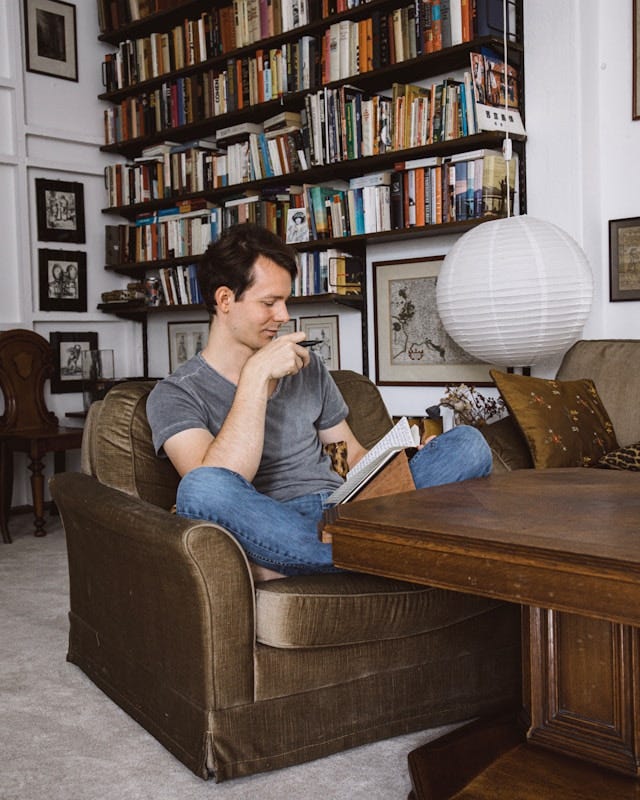Back in college, I took every writing workshop and literature class my mentor taught. That including one over a winter break looking at fiction through the lens of Karen Horney’s psychological theories of personality and culture. Given all these courses, some friends joked that I was doing a major in this professor, and in a way I was. I wanted to learn everything my mentor could teach me about writing, and as a future teacher I wanted to study how she managed a classroom and constructed a syllabus.
My creative writing was all over the place, but she never once said that I needed to find my voice. Her dictum was “Write something real.” What she meant was writing with depth and emotion as opposed to staying on the surface of my stories and sketches.
In my senior year I was reading The Portrait of a Lady late at night when my life changed. In the famous Chapter 42, the free-spirited American heroine Isabel Archer is contemplating a marriage in trouble. While gazing at a fire she realizes that instead of finding freedom with her dilettante husband, she is actually imprisoned, living in “the house of darkness, the house of dumbness, the house of suffocation.”
I was truly blown away because that felt like my house too. I started tentatively writing stories about children of Holocaust survivors and their parents. These were the stories that would put me on the literary map and make more than one scholar label me “a major figure in American-Jewish literature.”
Had a found my voice? Not quite, not yet. But I found my material, and I was writing something real. My professor saw the difference and predicted that on this path I would certainly get published and win some awards. And she was right. So what about finding a voice? That was still ahead for me.
Lev Raphael is the author of 27 books in genres from memoir to mystery, has won a Lambda Literray Award, seen his work appear in 15 languages, and sold his literary papers to Special Archives at Michigan State Unievrsity.
Photo by Chris Spiegl on Unsplash





I never took a writing class. I had no aspirations of becoming a writer. But one day, I started playing with an idea that had been buzzing in my head. (I ran out of room on my walls for needlepoint), and found a new creative outlet. And challenge. At a writing conference, a fellow attendee asked me if I'd speak to her book club, and I agreed. After my little talk about, one person came up to me and said, "I read your book, and you sound just like that when you talk." That, I realized, was my 'voice.'
I remember Chapter 42 and that scene, and I still marvel at how deeply James understood his characters. I found my voice in what I regarded as little stories, quiet tales of subtle change that I wondered if anyone but me would like. And I wasn't even sure why I liked them. You make two good points here--finding your voice but also finding your material. That's also hard but it feels like magic when it happens. Another good post.